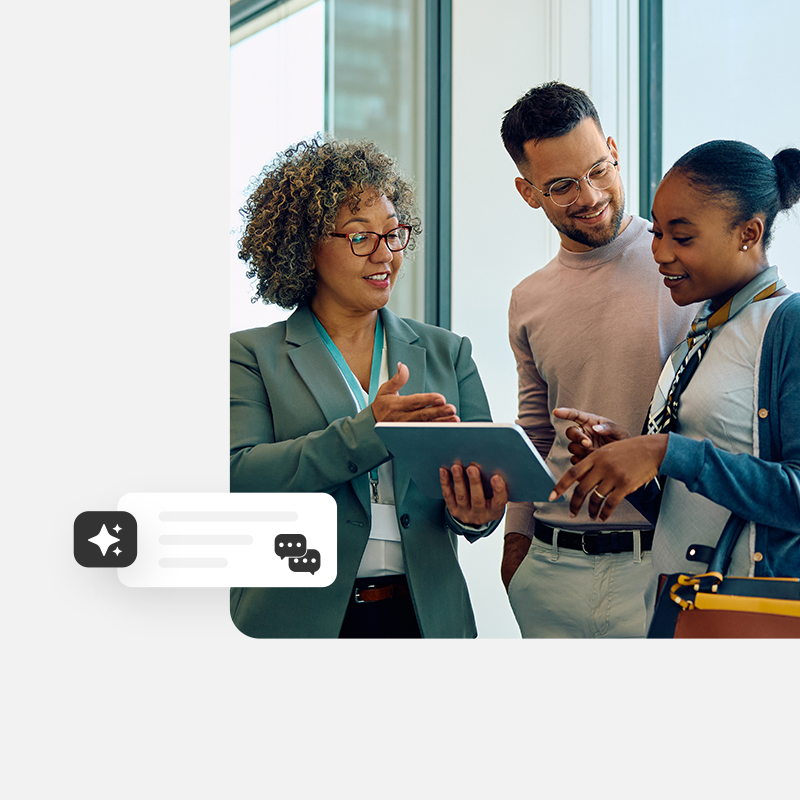We’ve all been there—that gut-wrenching moment when you open your mailbox (or inbox) to find a notice from a service provider. Your personal data—social security number, address, email, phone number—has been hacked. You scramble to sign up for credit monitoring, change your passwords, and hope for the best.
Now imagine that same feeling multiplied across an entire organization, but this time, the data isn’t stolen, it’s leaked, and it’s just not yours—it’s hundreds or thousands of employees’ private information or proprietary corporate secrets. For many businesses rushing to capitalize on generative AI, this fear is all too real. The promise of AI in HR and across an organization is undeniable, but lurking behind the curtain is the looming question: What happens if private data slips out?
The double-edged sword of AI in HR
Generative AI, with its transformative potential, is reshaping industries and roles, including Human Resources. Tools like OpenAI’s ChatGPT and other Large Language Models (LLMs) are making it easier to automate workflows, analyze vast amounts of data, and streamline employee engagement. But for HR teams, who are custodians of some of the most sensitive data in an organization — employee records, performance reviews, compensation details — using these tools can feel like navigating a minefield.
HR professionals must walk a tightrope between innovation and security. This is where the choice between an off-the-shelf, proprietary LLM via API access like ChatGPT and a self-hosted LLM, such as the one offered by Betterworks, becomes a make-or-break decision. Leveraging the best endpoint management software can further enhance security by ensuring that all devices accessing HR data are properly monitored and protected.
A look under the hood of Betterworks’ self-hosted LLM
Betterworks’ LLM enables HR teams to confidently and securely use our AI-assist features, which help all employees — managers and individual contributors — quickly and accurately develop goals and provide high-quality, unbiased conversation prompts, feedback, and performance reviews.
Betterworks has deployed open-source LLMs on our own cloud servers where the rest of our distributed cloud solution is hosted, allowing us to run our AI features privately without having to use an external LLM such as Open AI’s ChatGPT. This is highly beneficial for us and our customers because it keeps our customers’ data private and secure without the risk of it going over the internet network via API to third parties outside of the boundaries of our system where sensitive data could possibly be exposed or used to train models.
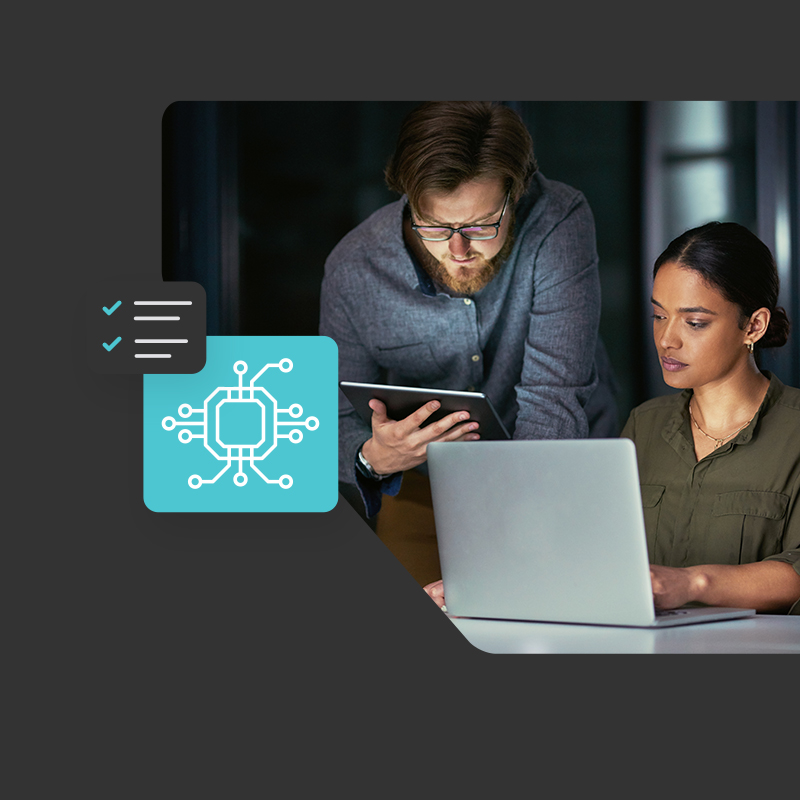
Privacy: the line you can’t cross
Picture this: You’re leveraging an off-the-shelf, third-party LLM to streamline HR tasks. It’s quick, intuitive, and brings major efficiencies to your team. But as data flows through an external system, even with strong privacy policies in place, you can’t shake the nagging concern: What if sensitive employee data is inadvertently exposed?
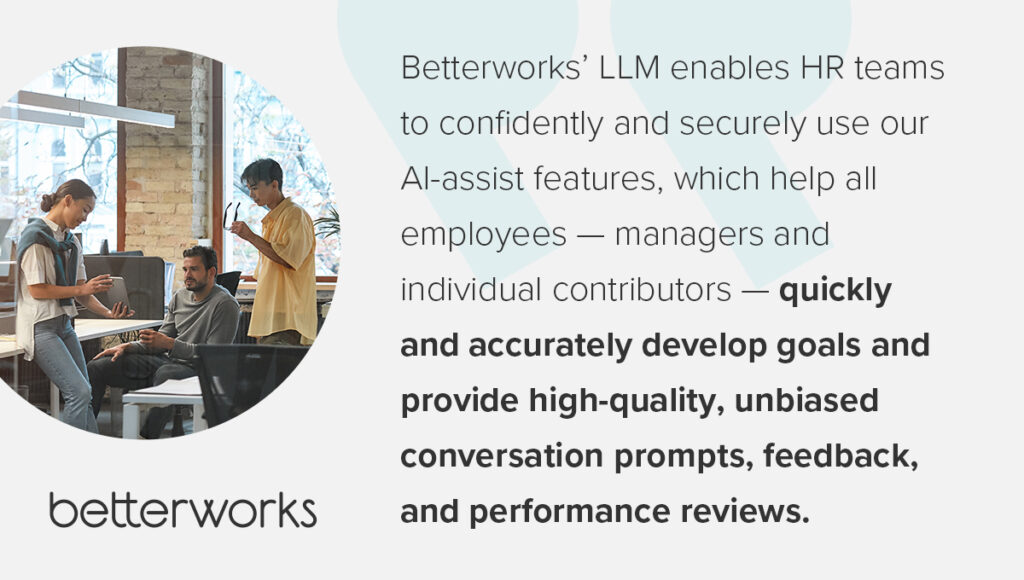
That’s the risk. Off-the-shelf API LLMs require data to be processed externally, potentially exposing it to third-party entities. Even the most robust security measures can’t completely eliminate the possibility of leaks or unauthorized access.
Self-hosted LLMs, on the other hand, provide a fortress-like solution for HR teams. By keeping data within the company’s own environment, self-hosting AI models ensure that sensitive information never leaves the organization. This internal control dramatically reduces the risk of breaches and helps companies stay compliant with regulations like GDPR and CCPA.
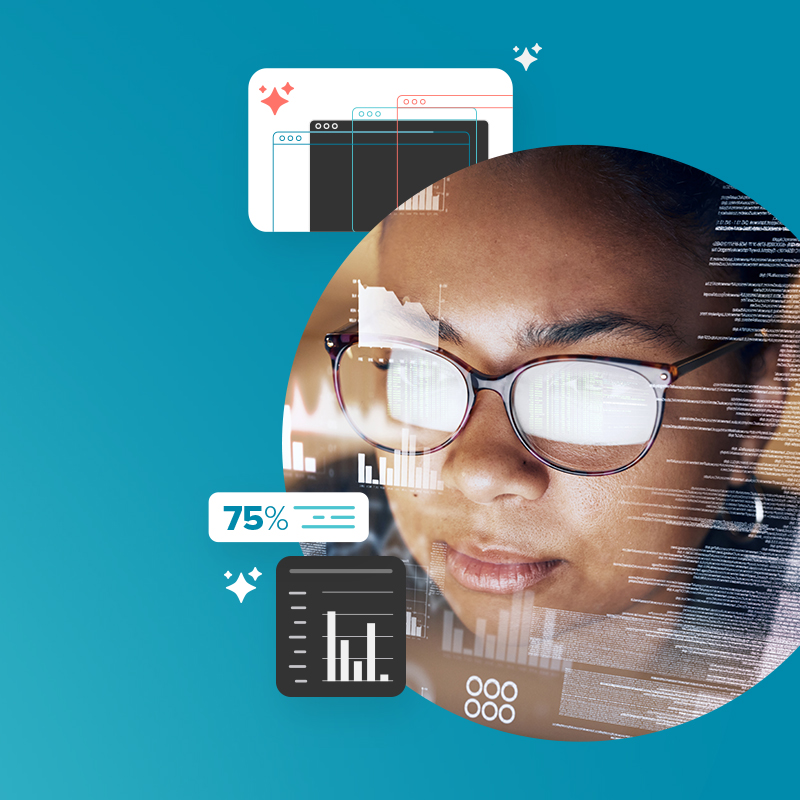
Regulatory compliance: no room for error
HR departments must meet strict compliance standards, from privacy laws to labor regulations. With an off-the-shelf LLM, you’re relying on external providers to keep up with ever-changing legal requirements, and the lag in updates could expose your organization to risk.
Self-hosted LLMs allow businesses to integrate updates to their systems on their own timeline, ensuring that every automated decision, message, or workflow adheres to the latest laws. The ability to respond swiftly to regulatory changes can be a game-changer, reducing the risk of fines, legal battles, or damaged trust with employees.
The cost equation: investing in the future
At first glance, self-hosted LLMs might seem more expensive, requiring upfront investments in infrastructure and expertise. But over time, they often pay for themselves.
By investing in the necessary infrastructure and expertise, businesses can tailor their LLM to specific needs, reduce data risks, and potentially achieve significant cost savings over time.
What’s more, owning your system means saying goodbye to recurring subscription fees for third-party LLM services. You own the data, the process, and ultimately, the peace of mind.
Strategic advantages of going in-house
Choosing a self-hosted LLM isn’t just about preventing data leaks. It’s about empowerment. With an in-house solution, your HR team can customize the LLM to perfectly fit your company’s specific needs. Imagine an AI that understands the nuances of your compliance landscape and is designed to boost productivity without putting your sensitive data at risk.
Betterworks, for instance, ensures that customer data is never used to train its models, providing an added layer of security and trust. By deploying in-house, you gain greater control over the LLM’s capabilities, allowing you to tailor it to your exact requirements without compromising data privacy.
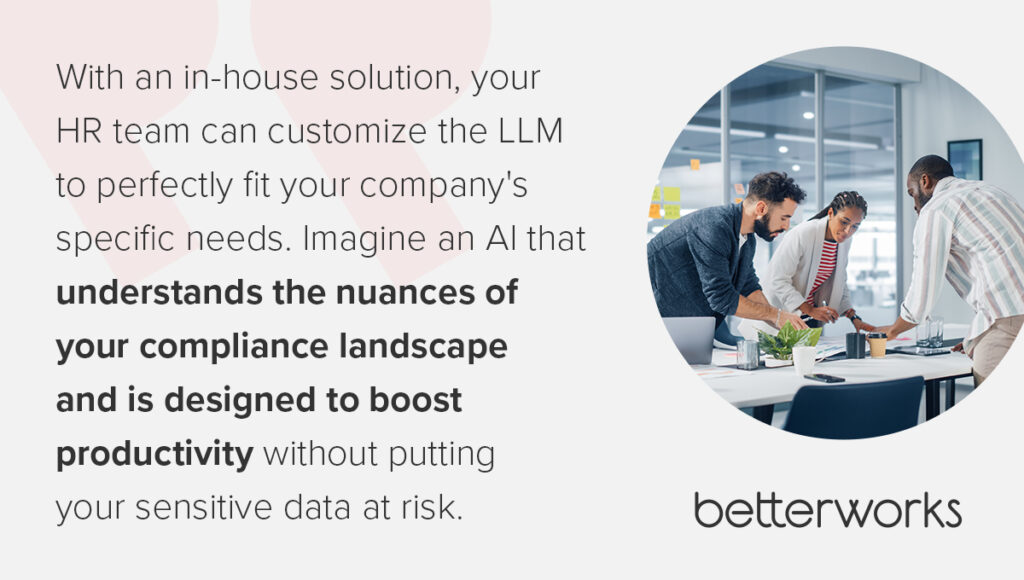
A smarter, safer path forward
In a world where data breaches make headlines, choosing the right AI solution is about more than just efficiency — it’s about protecting your people. For HR teams managing sensitive personal data, the choice is clear: self-hosted LLMs provide a level of control, security, and compliance that off-the-shelf models simply can’t match.
By investing in a self-hosted LLM, HR leaders can take advantage of AI’s transformative potential while safeguarding the data that matters most. It’s not just about staying ahead of the curve—it’s about ensuring that, as your organization scales, it does so safely and responsibly.
Embrace the future of work—but do it on your terms. Protect your data, empower your teams, and unlock the full potential of AI with confidence.
Elevate your HR strategy with Betterworks AI
Maher Hanafi is the VP of Engineering at Betterworks, where he oversees the integration of AI into performance management software. He has a proven track record of transforming engineering teams, driving cloud migrations, and delivering impactful SaaS solutions across diverse industries.


